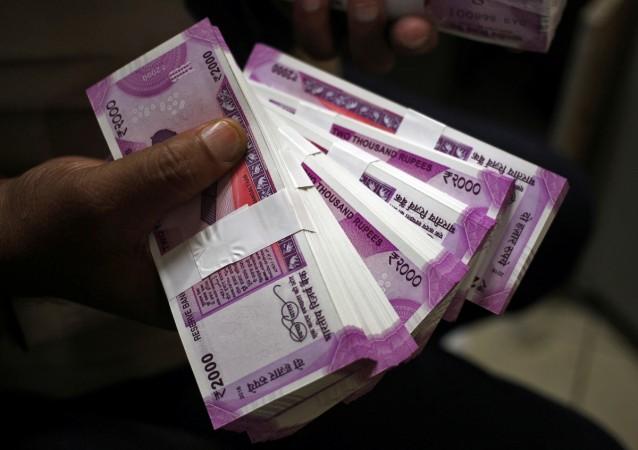
One of India's leading online marketing portals, Snapdeal, on Thursday announced that in the wake of Prime Minister Narendra Modi's demonetisation drive, they will deliver Rs 2,000 to the doorsteps of the customers.
The firm launched a pilot service called 'Cash@Home' which allows users to order cash online. Reports state that the service is currently in its pilot phase and is live in Gurgaon and Bengaluru, where the users can pay for their cash using their ATM cards.
The cash delivering service is expected to be extended to other cities soon. Snapdeal said that it will update the details according to the availability of fresh currency notes and will also consider user feedback of the service.
According to Snapdeal, they will provide the facility through the Cash on Delivery (CoD) option on the portal. The release stated that the cash requested will be delivered after a day of the order.
"The service is a goodwill gesture by Snapdeal to allow users to easily access cash without having to queue up at their bank or at the ATMs. We will charge a nominal amount of one rupee as convenience fee, which will need to be paid through FreeCharge/through a debit card at the time of booking the order," the firm said in a statement.
The company also said that customers can request Rs 2,000 per booking and can use ATM cards of any bank to pay for the ordered cash. The users will be required to swipe their ATM card at the PoS machines carried by the delivery officials associated with Snapdeal's courier partners.
"The launch of the cash on demand service is intended to further help our consumers tide over any cash crunch that they might face in addressing their daily needs," Snapdeal's co-founder Rohit Bansal said.
"As the country transitions to a more digitally enabled economy, we've launched a series of timely initiatives – from wallet and card on delivery, to extending FreeCharge partnerships to smoothen this transition. The launch of the cash on demand service is intended to further help our consumers tide over any cash crunch that they might face in addressing their daily needs," he added.

















